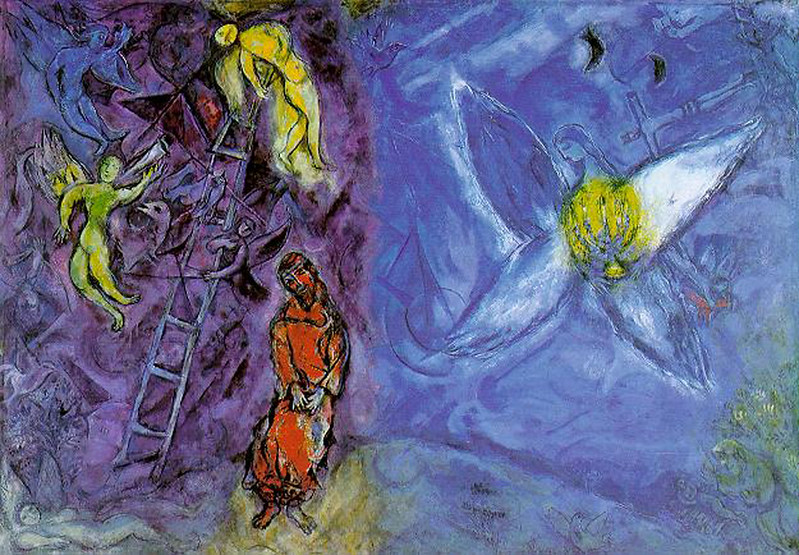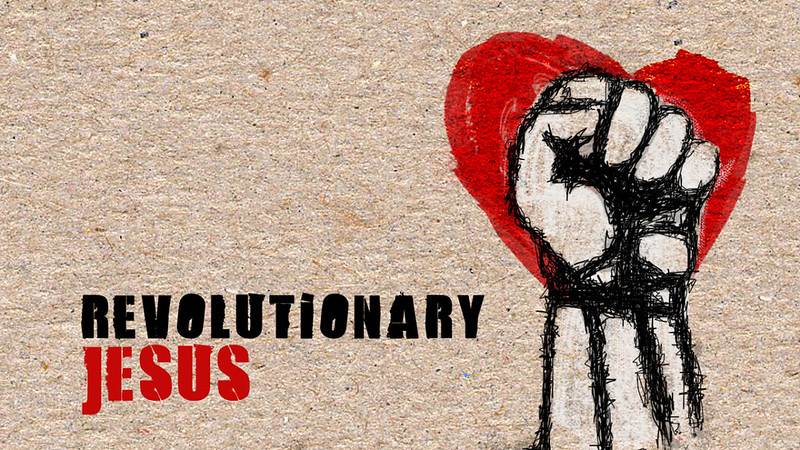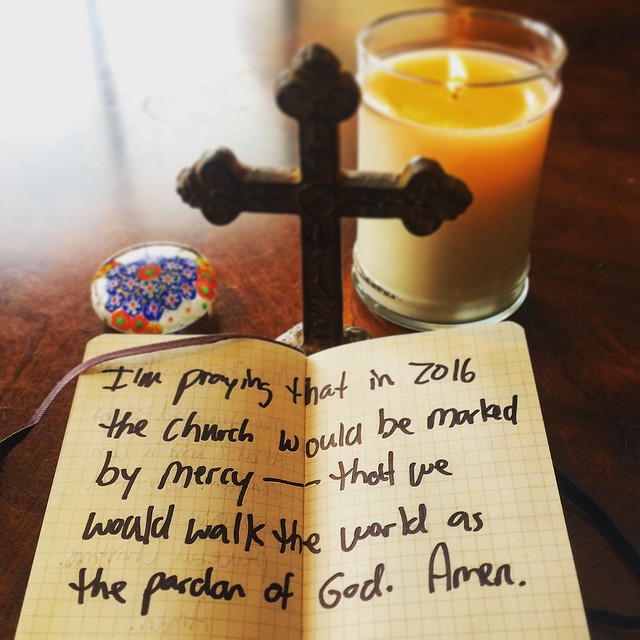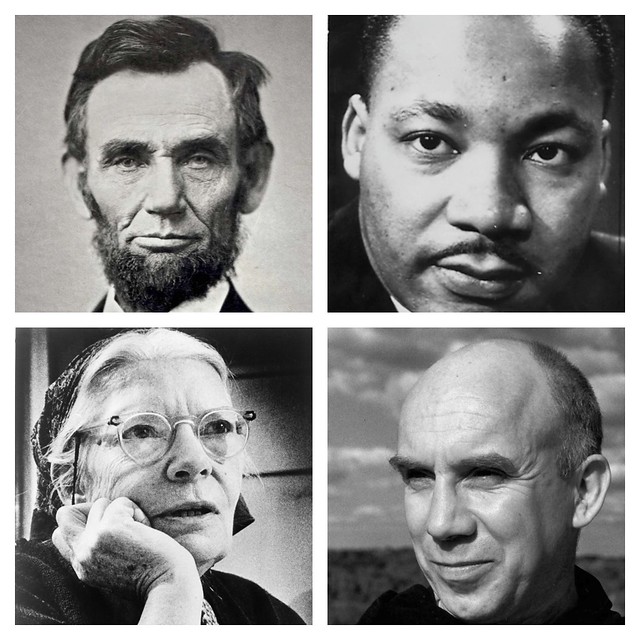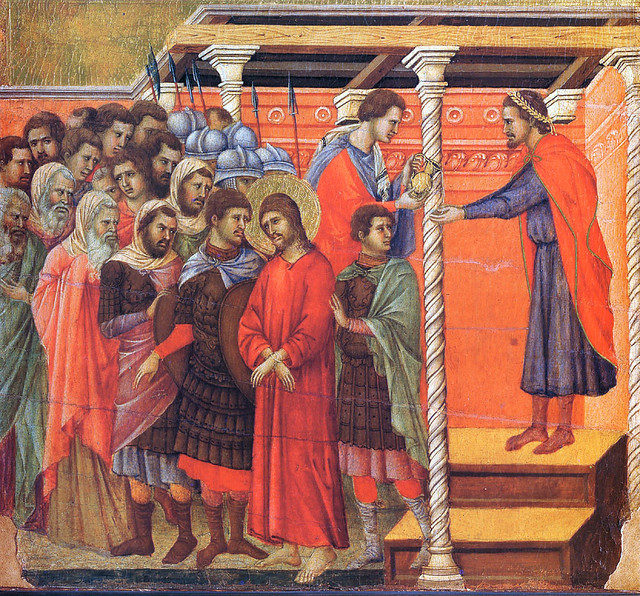Mercy In a Mean Time
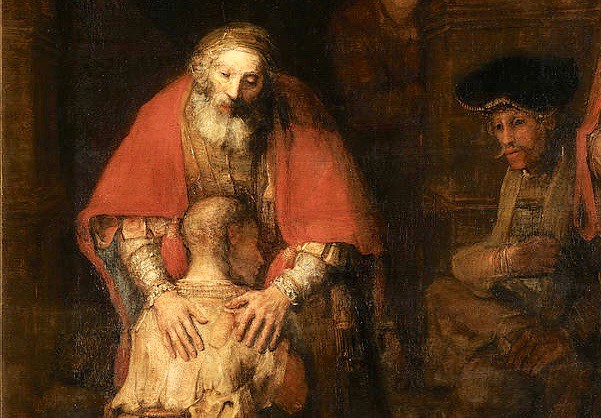
Mercy In a Mean Time
Brian Zahnd
My father was a political man; a lawyer and a judge. He was an ideological conservative. He was also known for his kindness and mercy. My dad died in 2009. At his funeral a man approached me and said, “Your father sent me to prison for armed robbery. I came to his funeral today to honor him. He always treated me with respect and dignity, and he dealt with me as mercifully as the law would allow.” I don’t know how often a felon attends the funeral of a judge who sent him to prison in order to pay his respects, but I would guess it’s not too often. My point is that my father was a political conservative who never felt his conservatism was in conflict with his Christian commitment to kindness and mercy.
Which is why I am so baffled and grieved by what seems to be a turn toward meanness in the name of conservatism. I’m also quite sure that my father, were he alive today, would be just as baffled and grieved.
Read more

